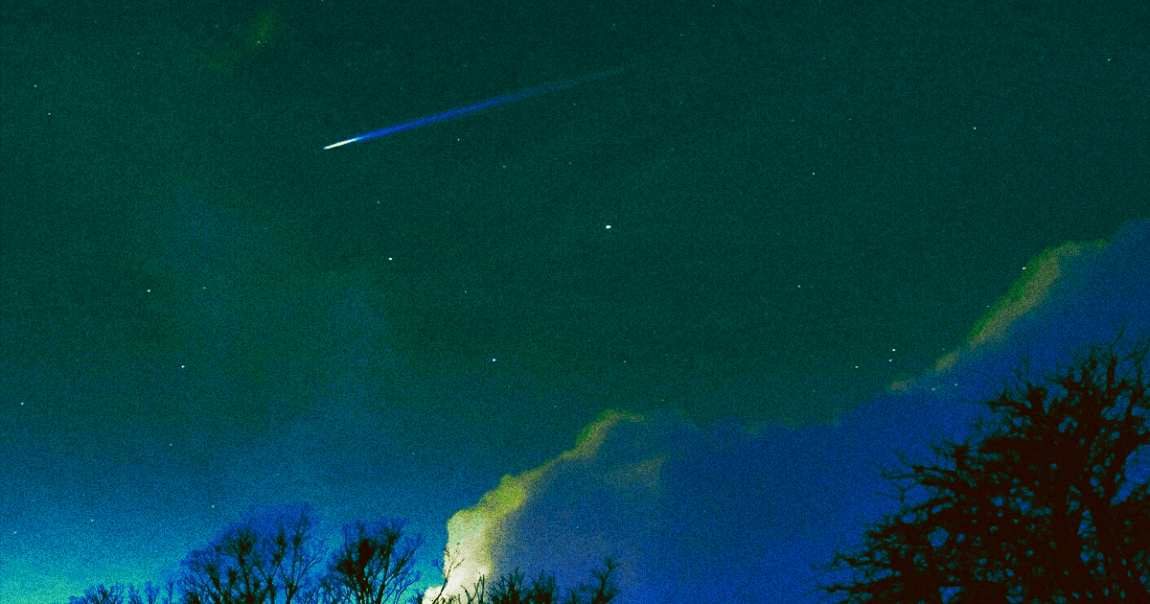
(V)2Soon
In February, SpaceX launched an array of 21 “V2 Mini” Starlink satellites, which the company bragged had four times the capacity of their previous generation.
Intended to be a small-scale teaser to its impending, full-sized cousin, the V2 minis are seemingly flopping more than impressing, struggling to reach their intended altitude.
One of the mini satellites, designated 30062, was even spotted crashing down through Earth’s atmosphere by Jonathan McDowell, a Harvard-Smithsonian astrophysicist who monitors space launches and orbital objects.
The Starlink satellite performed a controlled deorbit earlier this week off the coast of California, McDowell said, while three other struggling V2 Minis have resumed raising in altitude. Due to its tiny stature, the deorbited satellite likely burned up completely before reaching the ground.
Initial Symptoms
Early signs of trouble were spotted last month by Starlink Insider, an unofficial Twitter account dedicated to the SpaceX venture, when it tweeted that the V2 minis were “collectively” deorbiting instead of raising in altitude.
When McDowell caught wind of it, he opined that the altitude changes were “significant,” and speculated that SpaceX was “debugging some issue with the new sats.” Elon Musk, the CEO of SpaceX, replied to McDowell, confirming that the Mini V2s were indeed “experiencing some issues.”
“Some sats will be deorbited, others will be tested thoroughly before raising altitude above Space Station,” Musk added.
The Prelude
The mini satellites are intended to be the early ushers of SpaceX’s second generation of “V2” satellites to bolster its orbital communications network.
The aerospace company received approval from the Federal Communications Commission last year to launch the first 7,500 of its second-gen satellites. SpaceX, though, currently does not have the capability to launch its V2s — at least, not until its much-hyped Starship is ready, which is why it’s deploying the minis in the interim.
That could be a while, though, as SpaceX’s flagship spacecraft isyet to perform its first ever orbital launch test, let alone carry out an actual mission.
No doubt that Musk is eager to get the fullsized V2s in orbit, as customers have been complaining that Starlink’s internet connection has become slow and spotty.
Though they’re too polite to openly admit it, we suspect some astronomers might even be enjoying some Schadenfreude right now, since Starlink and other commercial satellites are quickly becoming their mortal enemies.
More on SpaceX: Brazilian Criminals’ Favorite New Weapon: Elon Musk’s Starlink